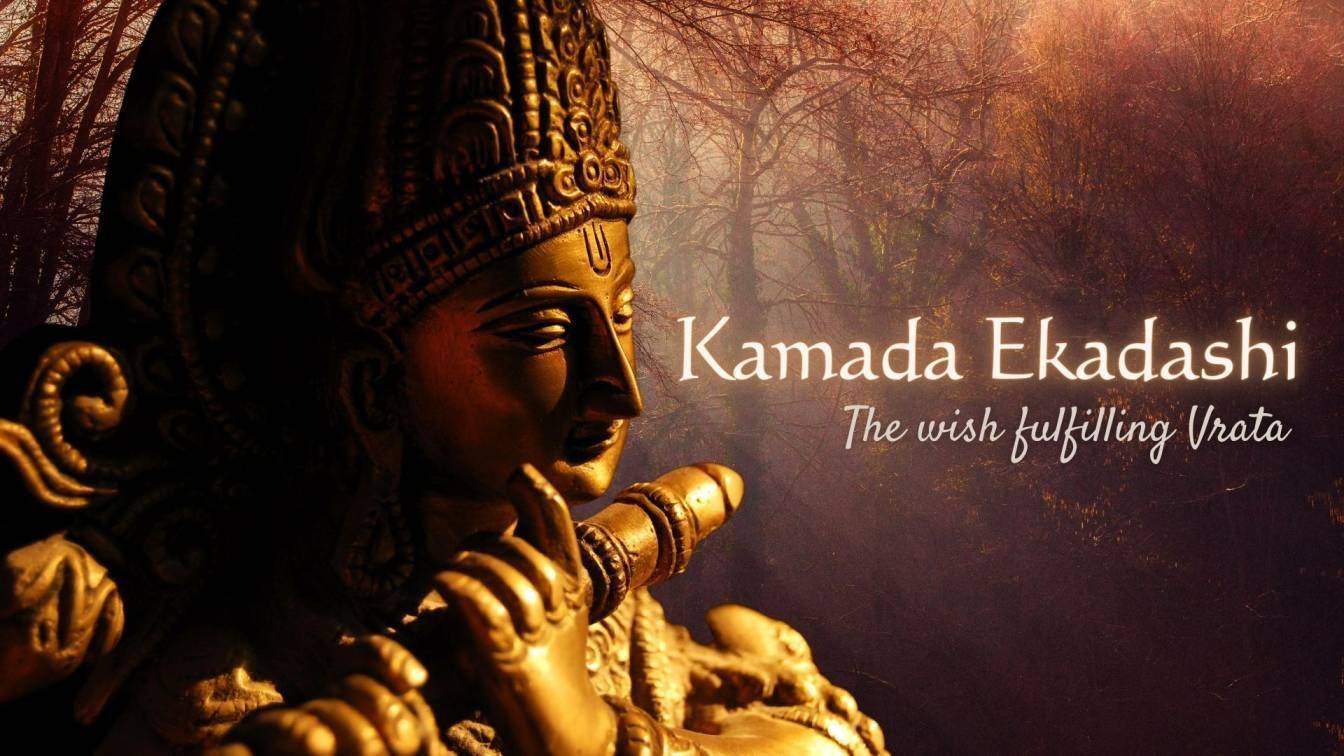Dealing with Praises & Insults

One who is equal to friends and enemies, who is equipoised in honor and dishonor, heat and cold, happiness and distress, fame and infamy, who is always free from contaminating association, always silent and satisfied with anything, who doesn't care for any residence, who is fixed in knowledge and who is engaged in devotional service—such a person is very dear to Me.
Bhagavad Gita 12.18-19 Tweet

Most of us will wonder, “What is the big deal in dealing with praises?” The more we get, the better. But, yes, insults are a big problem. “Who in this world would like to get insulted?”
But the crux of the matter is not so simple. Lord Krishna in the second chapter of Bhagavad-Gita, tells Arjuna:
O son of Kunti, the non-permanent appearance of happiness and distress, and their disappearance in due course, are like the appearance and disappearance of winter and summer seasons. They arise from sense perception, O scion of Bharata, and one must learn to tolerate them without being disturbed.
Bhagavad Gita 2.14 Tweet
We meet different people in this world. Some are rude, some gentle, some compassionate, some ruthless, some friendly and some reserved. Everyone behaves as per their nature.
When a person praises us, it is more about the nature of that person who sees good in all; rather than, our own achievements. Similarly, when a person criticizes us, it speaks more of the person’s nature to find faults with others, rather than our own faults.


Even if we do good, there will always be someone who will point a finger at us. So, instead of sitting and brooding about their behaviour, Lord Krishna is telling Arjuna that you just tolerate them and don’t get upset.
The problem with us is that we keep thinking and brooding about such incidents, creating so much impressions on the mind, that we soon go crazy with the negative emotions gripping us. It leads to a lot of health problems and destroys our peace of mind.
The person who struck us with the arrow of his harsh words merrily moves around, leaving us behind like wounded soldiers. So, who suffers in the end? It is we, who gave the remote control of our happiness to someone else. So, why give the remote control of our happiness to someone else? It should always be in our hands.


We should let go of these incidents from our minds. The more we discuss, the stronger the feelings become. That is why Lord Krishna is telling Arjuna to tolerate such events, for they will come whether we like them or not. The more we tolerate them, the stronger we become mentally.
The underlying problem in all this is our attachment. We are attached to praises.
With the social media taking centre stage in our lives, we all have become addicted to the ‘like’ imbued in the ‘thumbs up’ symbol. The more the likes, the more elated we feel. But the underlying problem is that our mind gets attached to these likes, and when it stops coming, we feel unwanted and morose.
This often is the case with the celebrities. To keep themselves young and beautiful and in public eye to receive praises, they run after Botox, plastic surgery and what not. But nature has its own way.

The day these artificial means fail to have an effect, and they glide down in public opinion, then their mind goes berserk and they fall into depression. Lord Krishna is therefore telling Arjuna to tolerate the downpour of praises along with the brickbats of criticism.

If we become too elated with praises, then, as the saying goes, ‘The higher we climb, the steeper we fall’, the next criticism that comes our way, will smack us so hard, that, it will leave us submerged in a pool of mental misery.
Lord Krishna is thus advising us to keep our balance in praise as well as criticism, neither be too elated when praised nor be sad when criticized, because after all they depend on the perception of the other person.






Hare Krishna Mata ji,
Dandvat Pranam,
It is a wonderful content with some of the best quotations from Our Bhagavad Gita.
It is written in an very effective and précised way & the topic in itself is too good, atleast for me being a neophyte devotee. Cultivation of such tolerance is a must though it is quite a tough job. Thank you for sharing such good piece of knowledge.